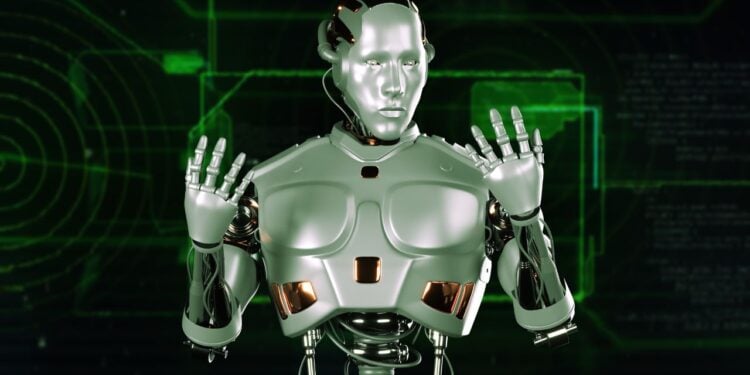AI may be taking away our edge rather than giving us one.
Researchers from Microsoft and Carnegie Mellon University published a study examining how using generative AI at work affects our critical thinking skills.
The research warns that when we lean too heavily on AI for tasks like writing emails or gathering information, we stop using higher-level cognitive abilities like analysis, creation, and problem-solving.
The study, which surveyed 319 workers who use AI weekly, found that many focus more on verifying AI’s outputs than developing their own judgment.
About 36% of participants reported using critical thinking to double-check AI’s responses, with some even turning to Google or Wikipedia to confirm what the AI generated. But in doing so, they’re missing out on key opportunities to strengthen their cognitive skills, according to TechCrunch.
For example, one participant confessed to editing AI-generated performance reviews to avoid submitting potentially harmful content, while another adjusted an email drafted by AI to avoid cultural missteps with their boss. These examples highlight how AI’s shortcomings force workers to spend more time verifying than creating — effectively defeating the purpose of using the tool in the first place.
While the study doesn’t claim AI makes workers “dumber,” it does suggest that a reliance on AI for basic tasks can erode independent problem-solving abilities. The researchers found that those who trusted AI more used less critical thinking, while those who had confidence in their own abilities were more likely to engage in deeper analysis.
Some Reddit users are claiming they’ve “lost some brain cells,” and, “I can really see that ChatGPT will make us more dumb as we will increasingly use AI without thinking and engaging our brain.”
Worryingly, some users have reported a drop in motivation and morale, relying more on AI tools like ChatGPT for quick solutions instead of engaging their own critical and creative thinking skills.
This comes in the wake of a BBC study exposing that AI tools such as ChatGPT and Copilot struggle to distinguish between fact and opinion in news summaries, often leading to inaccuracies and distortions.
Ultimately, workers need to better understand the limitations of generative AI to avoid becoming too dependent on the tool and to maintain their cognitive agility in the workplace.



 Dr. Gleb Tsipursky – The Office Whisperer
Dr. Gleb Tsipursky – The Office Whisperer Nirit Cohen – WorkFutures
Nirit Cohen – WorkFutures Angela Howard – Culture Expert
Angela Howard – Culture Expert Drew Jones – Design & Innovation
Drew Jones – Design & Innovation Jonathan Price – CRE & Flex Expert
Jonathan Price – CRE & Flex Expert











